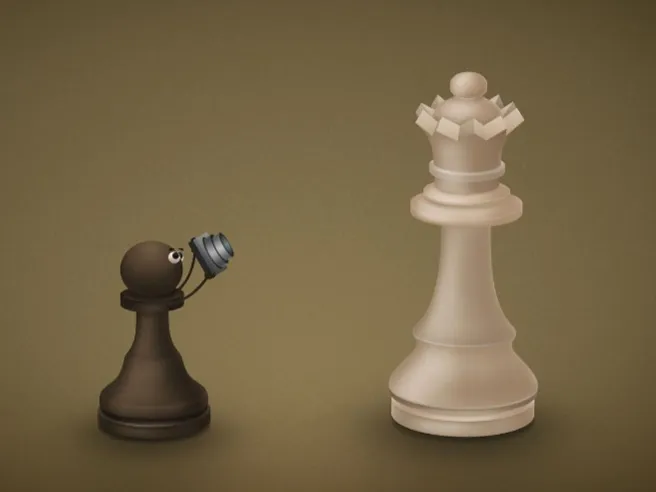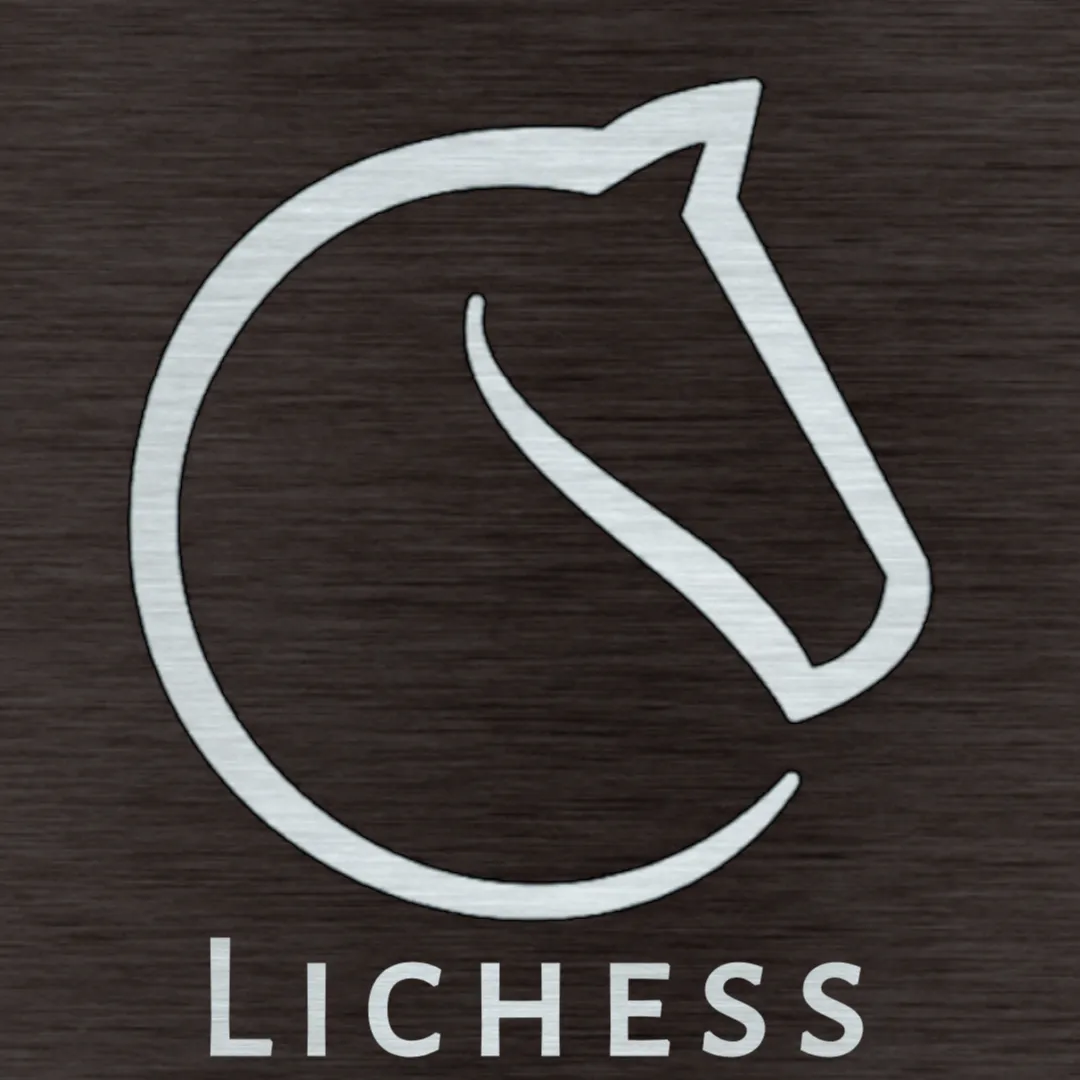
Real Chess. Real People.
When I was a boy... not yet spoiled by the rancid bowels of the work-a-day world, long before the formation of our pandemic pandemonium fueled ecosystem, many years away from having my identity and other personal information shepherded away to corporate conglomerate digital data camps on a daily basis for comparative analysis and reverse psychological engineering in order to formulate what a glorified A.I. determines is the most lucrative advertising campaign to steer at me, and God knows what else.... before all this nonsense we see before us today, my sister taught me a very simple game known as chess. I learned on an actual chess board, not a digital rendering of one. I still remember the very standard looking board and pieces she received for Christmas one year. After providing me with some introductory knowledge, I realized I enjoyed playing, however it very quickly became apparent that not many of my friends or family members seemed interested in the game. Even my sister appeared completely impartial despite her wonderous lessons she bestowed upon me one winter's morn. I think the Christmas present she received that year was one of the gifts from "Santa", leaving her wondering why Santa would bring her such a thing. She was always rather bright, enjoyed reading, did well at school, so people probably just assumed she would like chess because often times it's viewed as an "intelligent person's" game. In any event, after teaching me, I noticed she hardly ever wanted to play with me. As a kid, I had always attributed that to my big sister not wanting to play with her much younger brother, and wanting to do her own thing. But I don't think that was the real reason. I think there was a true disinterest in the game of chess for her. When we did play together once in awhile, since she taught me, my style was indicative of hers, only completely inferior. The results of our matches were typically either her winning, or me throwing the pieces at her claiming she was cheating before she could checkmate me.
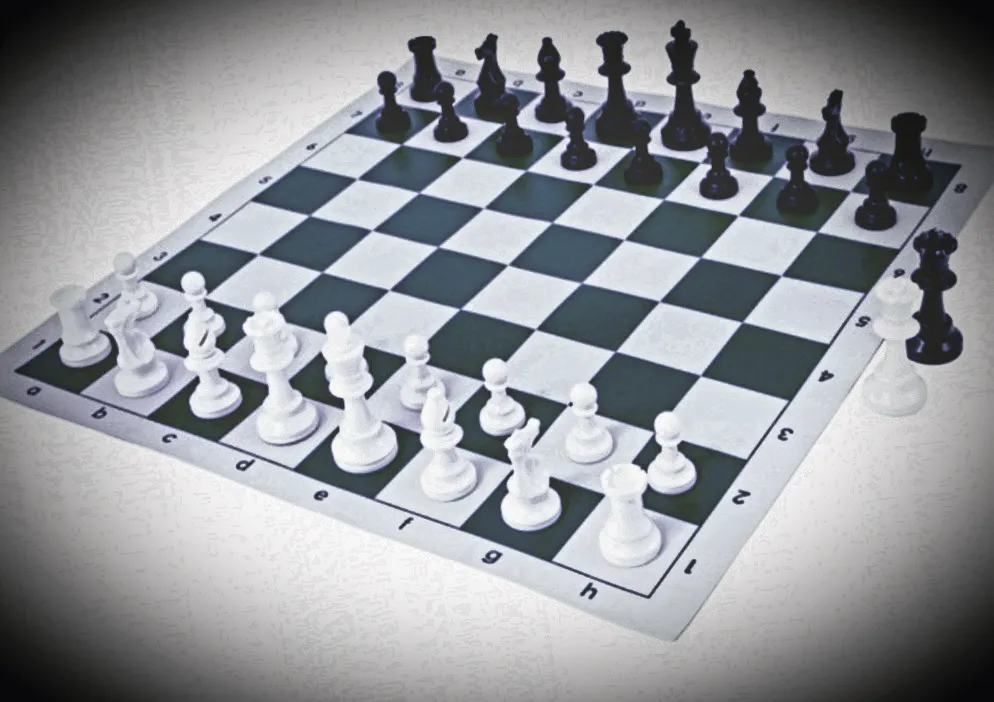
For the better part of my young chess career, I was left to compete against machines as my opponents. In grade school my classmates and I were fortunate enough to have Apple Two computers bestowed upon us by the school board, which we used everyday, and that was in second grade. Eventually we graduated to DOS and then Windows a few years later. During this time, I became rather adept at beating the computer at chess, and tried to get a match in whenever we had free time to play on the computers at school. When I was about 15, I read a book that outlined various strategies. Would really like to say it helped my gameplay, but speaking honestly I'm not sure if it did. Unfortunately I didn't have enough exposure to actual, one on one, human versus human chess matches to become efficient and master the game as a young man, or even properly measure what skills I did have, if any at all.
You have to understand, the better portion of my childhood occurred in the 1990s, a time when mobile phones and the internet were not commonplace like they are today. You couldn't just grab a device and play a game of chess with some random person that lived in China at 2am, drop that game and pick up a new one with someone in Germany seconds later. You couldn't even do that in a player versus computer scenario, at least not in the house I grew up in. Computers were not commonplace in homes where I grew up until I was around 10 or 11 years old. The first one my parents bought cost about $5,000, it was an HP I think, and probably had about one 10000th the computing power that the smart phone in my hand right now does. When we used the computer, it was exclusively for school work. That is, at least until I became a teenager and became more mischievous, fast-tracking towards an eventual computer science degree, listening to rage against the machine and using words such as "non-conformist" when describing myself to others. I really accelerated into a phase of just complete willingness to disobey authority. I would jump on the old dial-up modem, open up my Netscape Navigator, and download some photos of Carmen Electra from her recent sports illustrated swimsuit edition, at that time one photo only took about 16 hours to fully download. So, you know, feeling like a real baller. But before I had my own personal computer, and long before I started building them from scratch, the family computer was not designated as a gaming machine. After all, that's what Atari and Nintendo were for. Now that I think about it, I'm not sure if there even was a chess game for the original Nintendo. I think Atari might have had one or two.
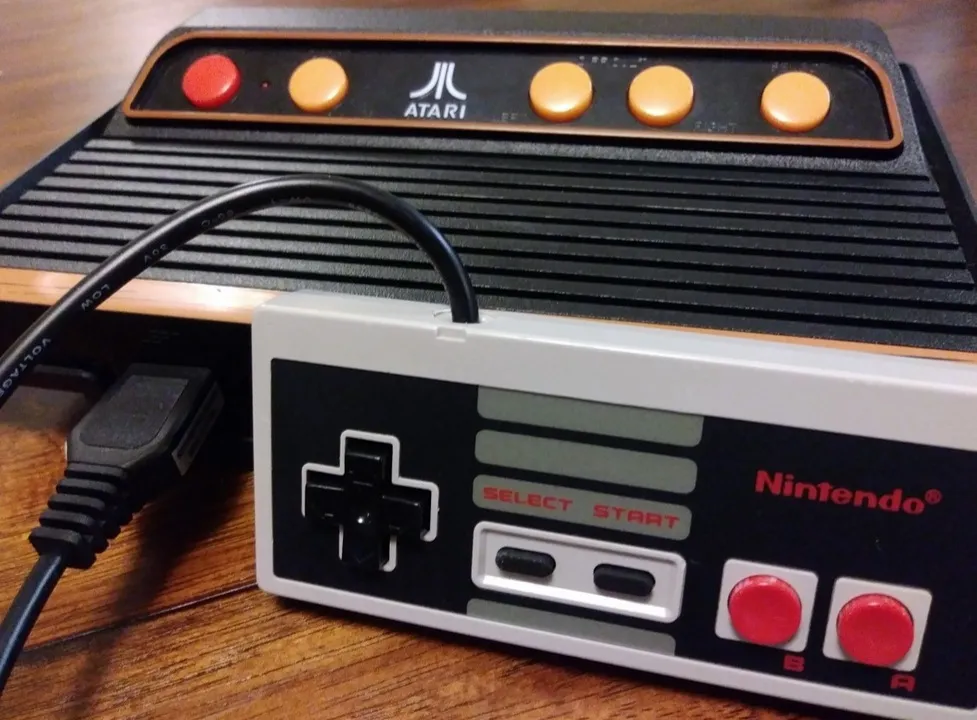
Note: To prevent inevitably being shot down for my comment regarding the lack of chess games for the original NES, I decided to look it up. The game Battle Chess was in fact released for NES, along with PC and Atari and a few other consoles. Original release date 1988.
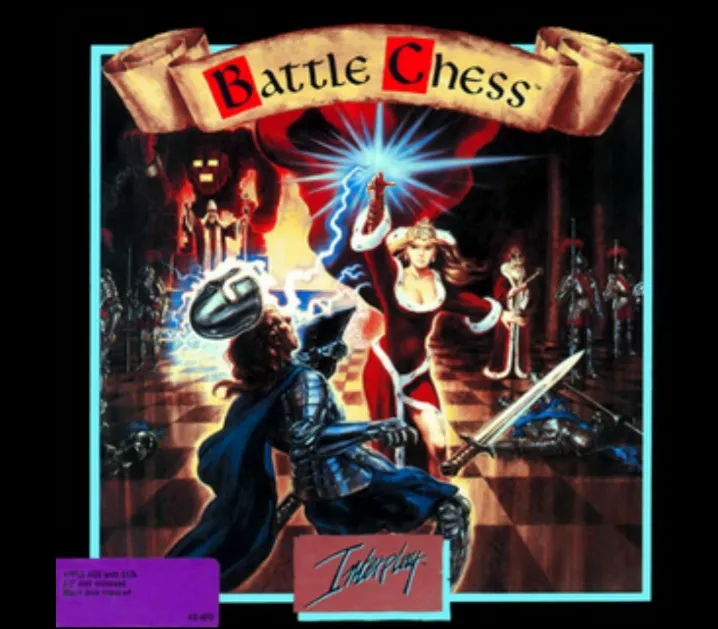
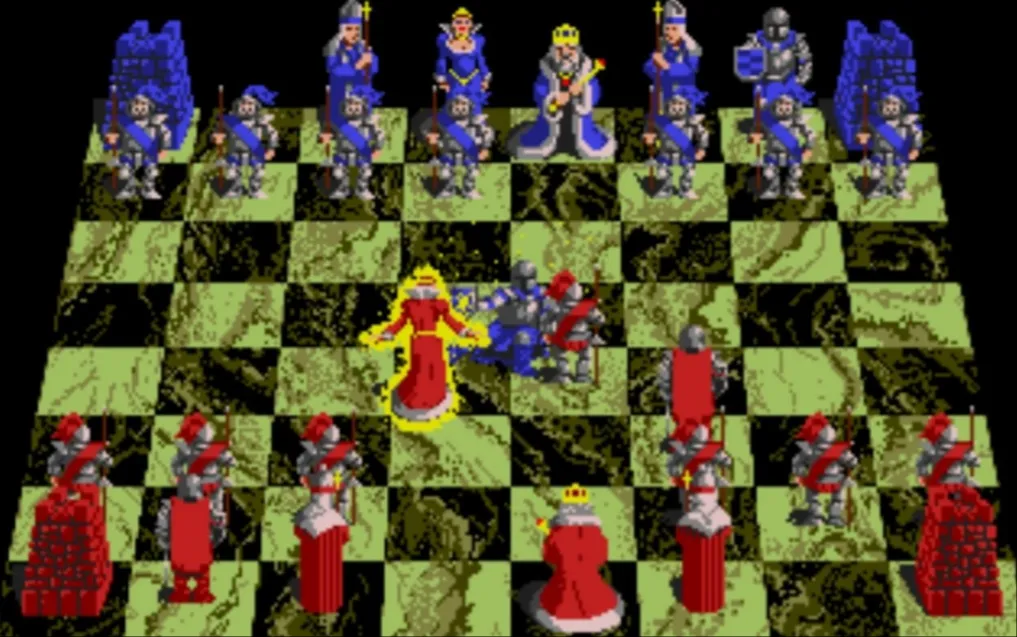
Oftentimes I will see a TV show or movie that depicts a scene, chess tables in Central Park, or some other public place where people are playing, as if this sub-multiverse of intelligent chess-playing people, that only a select few groups of individuals know about, is out there. There's always a "rainman" level brainiac, who's playing multiple boards at once, shouting out moves from a far, as if he has eidetically remembered every position of every piece on all the boards he is playing at once, and people gather around and watch as he checkmates each opponent. Unfortunately, I never had that sort of personal experience with chess, maybe because I was raised in the suburbs, or the more plausible reason, the existence of that secret chess world, is likely fictional.
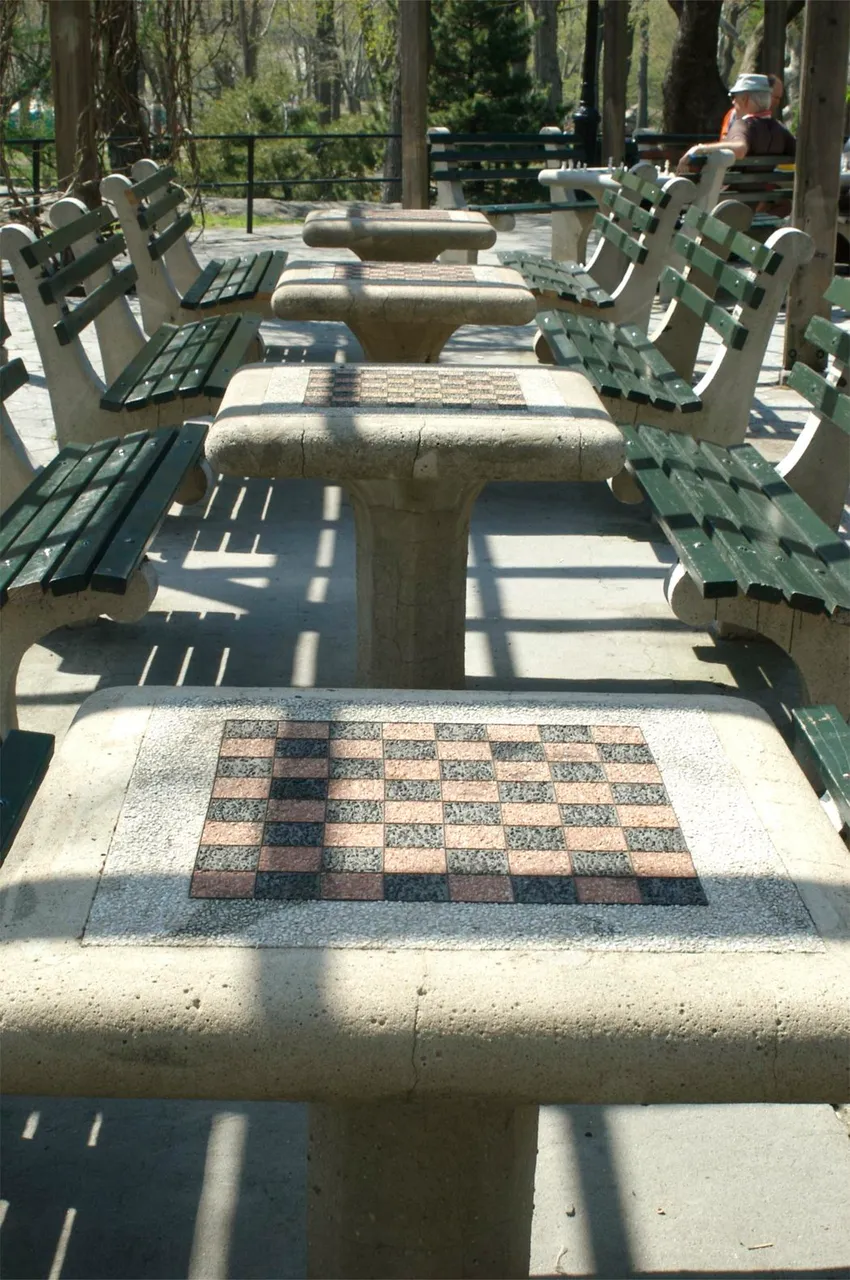
With those things in mind regarding my childhood chess playing experiences, I found myself in a quandary. It didn't seem feasible for me to continue on with it. Without a real opponent, I felt as though I wasn't really playing. It would be like a boxer who was left in an infinite state of sparring, never to grace the ring with his presence because no one else in his world wanted to fight. I was never interested in competing on any sort of national level, just wanted to have fun with it, and thinking back, I don't know that my school even offered a chess club to become involved with outside of class anyway. So I gave it up and moved on to other things. After all, it was just a game.
Over the last year or so, I've had a renewed interest in chess, and decided to take up my long lost hobby yet again. The choice to pick up my once abandoned pastime, was based primarily upon today's plethora of options for "portable" chess matches, as far as access to other human opponents on the spot on mobile devices. There are many different mediums that a player can utilize to connect with a diverse group of people all looking for a chess match, having skill levels ranging from amateur to master.
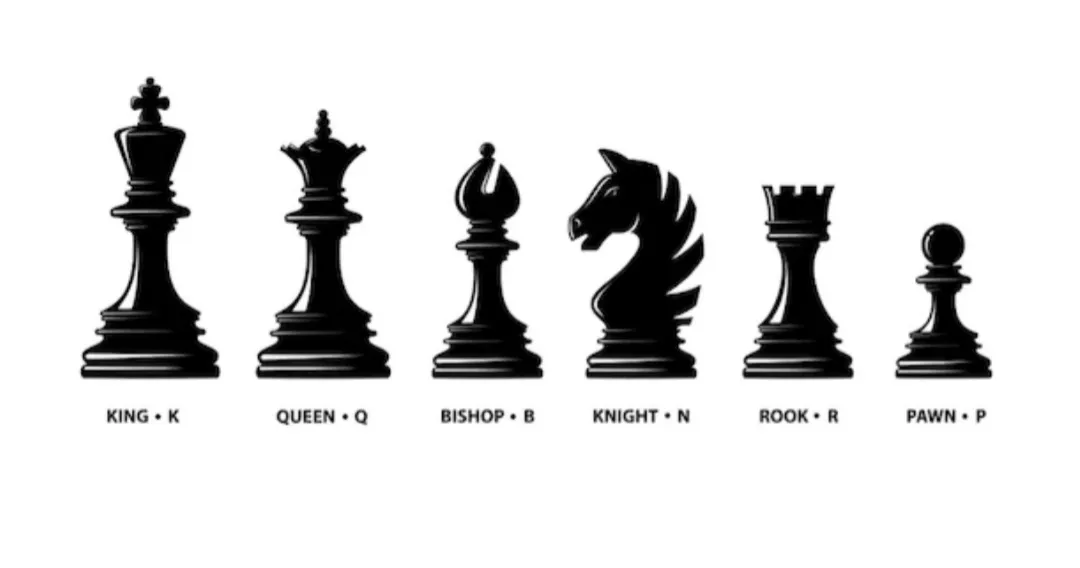
Today, my medium of choice is an app called Lichess which is available for download in the Play Store for Android devices. One of the primary reasons this is by far the best chess app I've ever tried, zero advertisements. There aren't even any in-app purchases to enhance gameplay, only donations. In the Lichess portal, you sign up by email with a username, confirm your account, and that's it, you can begin. After playing a few matches against real-time opponents, the portal's engine will assign you a rating. I've read that 1200 and above is considered professional level, or at least above the amateur hobbyist just playing for fun. There are various game choices: classic, bullet, rapid, each having their own time constraints and rules. You can create your own game, add your own time and rule sets, and invite other users to compete or just play against the computer. You can also start, what's referred to as, quick pairing, where the portal pairs you with a similarly rated opponent almost immediately, depending on how many games and people are online. There are also chess puzzles you can solve that will help you enhance your gameplay and full analysis of your current and past matches. You are even able to change the board type (metal, marble, wood, different colors, etc), the theme of the chess portal, and the style of pieces, offering a menagerie of choices for each.
Here's the link to Lichess in Google Play Store
All this at no cost to the player. Can't ask for anything more than that. I highly recommend it to any chess lovers.

I believe that in order to achieve the complete chess experience, it must be played human against human. A machine can be fun as well and it is great for learning, honing your tactics before facing a real opponent. But for me, when I am facing a pre-programmed set of commands and arguments and options, it's difficult to feel like I am truly playing a game, especially since my opponent can likely predict the outcome of the match before it even starts. If this, then that - is not a true competitor, versus another machine perhaps, but not against another human player. A chess match should contain improvisation, emotion and most importantly, mistakes. You will never see one of those things with a machine. The machine will likely never make a mistake, it will never bluff, it will never angrily storm the queen down to the other side of the board to take as many of its opponent's pieces as possible, on a suicide mission, because it had a bad day at work, and felt like taking it out on the chessboard. The machine's instructions are to make the best possible moves based upon your previous moves and simple mathematics, and unless it is instructed otherwise by the commands it is governed by, it has one ultimate objective,
Checkmate.
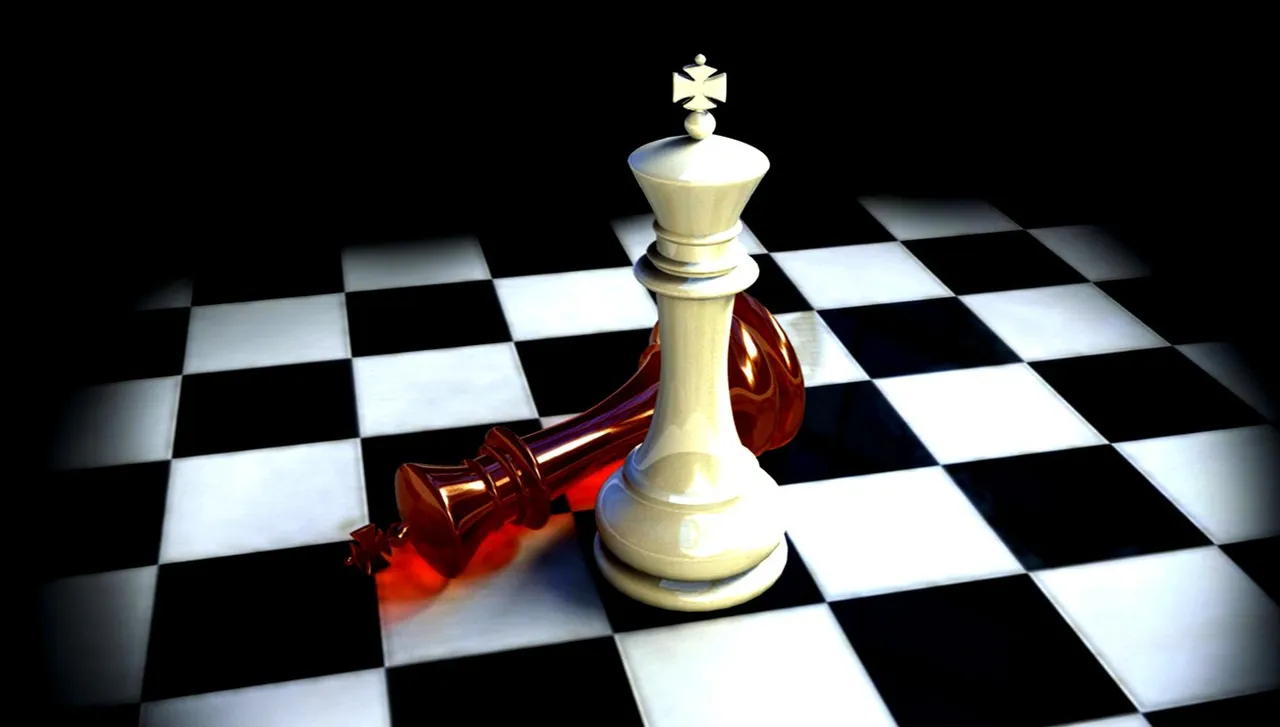
I think the chess book I read years ago was helpful for me, I honestly can't remember. However, I will likely never read another book on chess in order to strengthen my game. To take preparation to that level, studying, as if trying to remember definitions for an examination, in my experience, it excises the word game and the idea of fun from it entirely, which are integral parts of a chess match. After all it is just a game, at least to me it is. I'm sure there are some professional chess masters that would completely disagree with my opinion here. But if they really thought about it, I think they might agree that chess is supposed to be fun, and it is supposed to be, dare I say, it was designed to be, competitive and most importantly, entertaining.
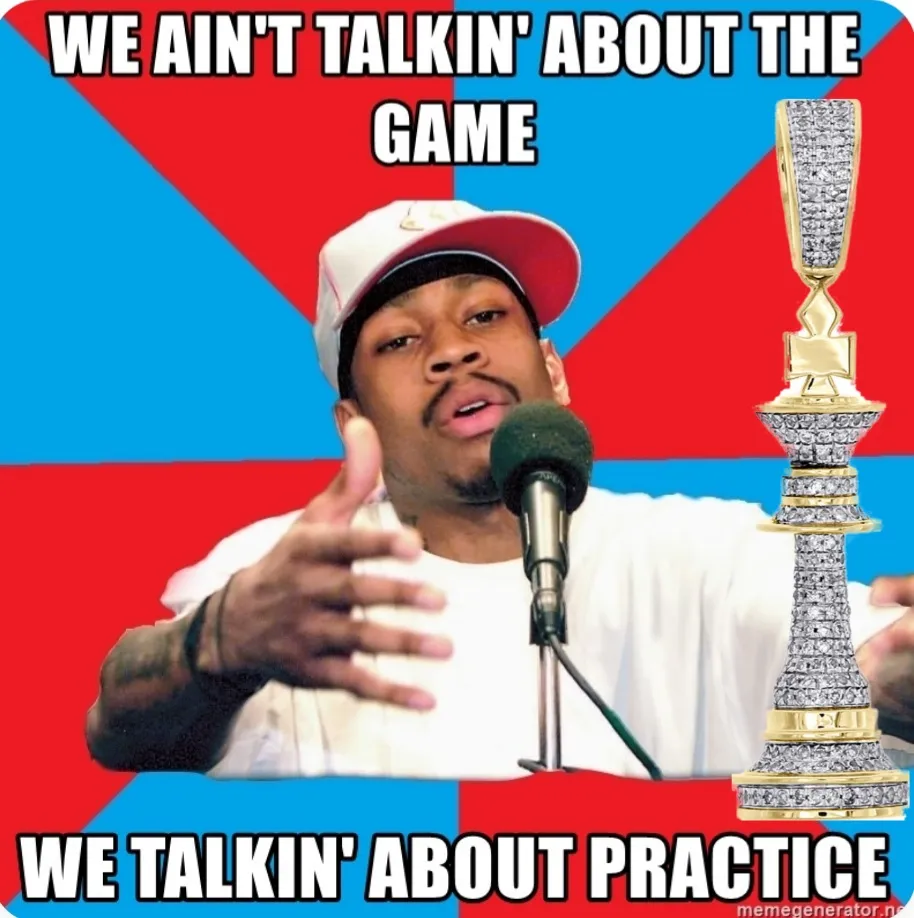
When it comes to certain topics on this barren wasteland known as Earth, experience equals knowledge. Someone who has mastered chess has likely done so based on an extensive game history from which they can condition themselves, learning from their past mistakes and correcting them. An individual can best another player or be rated higher because they have more experience than the opposition. I'm not saying studying wouldn't assist someone in strengthening their craft, however, it cannot replace the skill level and comprehension achieved from practical contact and real world exposure to the subject at hand.
So, I have decided to relearn the game I left behind as a child, the old-fashioned way. Through experience. Below are a few of my recent victories I felt were worthy of sharing:
Let's Make Chess Human Again.
